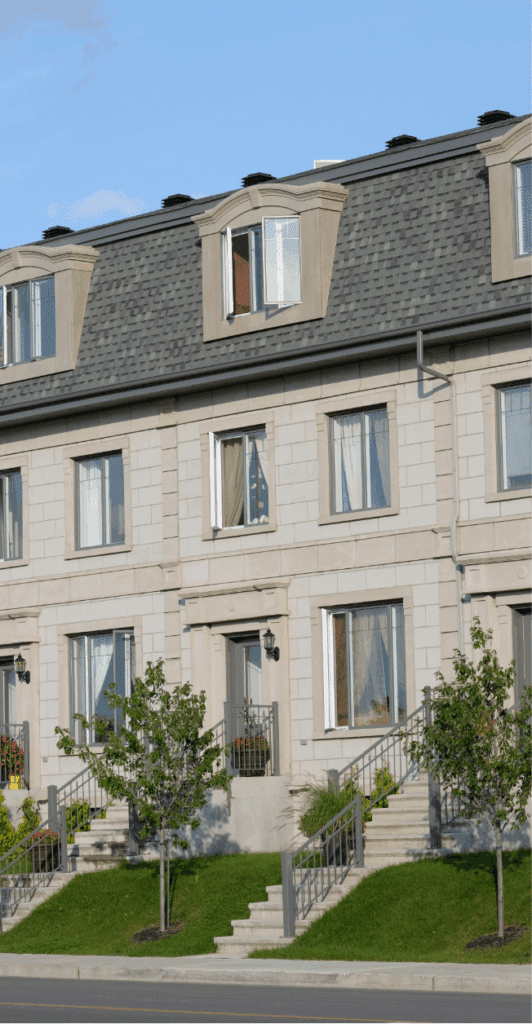The Rimkus team offers a comprehensive portfolio of services for the built environment. Encompassing all engineering and architectural disciplines, our forward-thinking building solutions focus on resiliency, maintainability, sustainability, and carbon footprint reduction.
We leverage the knowledge of our deep bench of technical experts to proactively identify issues before they occur, mitigating risk and helping clients achieve the desired goals for their projects and facilities. From design and pre-construction through construction and project closeout, we span the project’s life with personalized service at every step.
List of Services:
- Architecture
- Building Envelope Services
- Civil Engineering
- Code Compliance
- Due Diligence Assessments
- Electrical Engineering
- Environmental Site Assessments
- Energy Audits
- Façade Inspection and Restoration
- Fire Life Safety Systems
- Historic Preservation
- Roof Consulting
- Plumbing Systems
- Renewable Energy Services
- Seismic Risk Assessments
- Structural Engineering
New Jersey Building Codes and Regulations
Bill S2760 and Assembly Bill A4384
The state of New Jersey has taken proactive legislative measures to protect condos and co-ops by passing Bill S2760/A4384 with the goal of preventing incidents like the 2021 building collapse in Florida.
External Resources:
Deadline and Frequency:
- Buildings aged one (1) day to five (5) years:
- Inspections must be performed within six (6) years of the issuance of the Certificate of Occupancy
- Buildings aged five (5) years and one (1) day to ten (10) years:
- Inspections must be performed within four (4) years of the issuance of the Certificate of Occupancy.
- Buildings aged ten (10) years and one (1) day or older:
- Inspections must be performed within two (2) years of the issuance of the Certificate of Occupancy.
- If a building reached thirty (30) years of age before December 31, 2024, it is required to have a Structural Milestone Inspection (SMI) before December 31, 2024, and every ten (10) years thereafter.
Inspection Requirements:
Condominium and cooperative associations must conduct building inspections to ensure that buildings are structurally safe and adequately funded for future structural repairs/replacements.
The structural inspections component only applies to “covered buildings,” which are described by the law as residential condominium or cooperative buildings that have a primary load-bearing system comprised of a concrete, masonry, steel, or hybrid structure. Excluded from this definition are standard wood-frame buildings, such as single-family homes and typical townhouses.
Inspections must be completed by a New Jersey-licensed professional engineer.
Want to Learn More about New Jersey Building Codes and Regulations?
